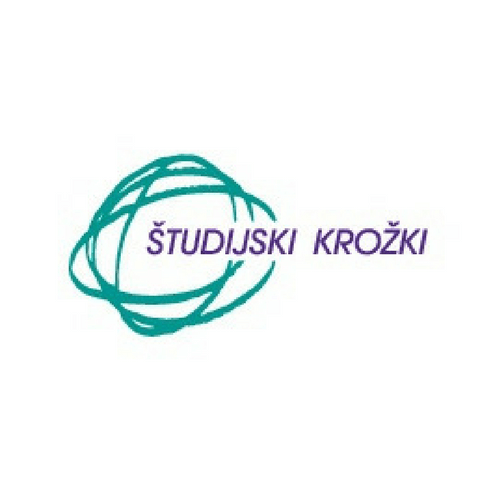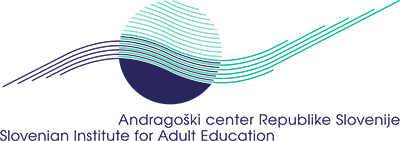a/a
Study Circles

| Project | Study Circles |
| Time period | Since 1993 |
| Financed by | Ministry of Education, Science and Sport; local communities and sponsors |
| Contact | Dr Nevenka Bogataj T: +386 1 5842 579 E: nevenka.bogataj@acs.si |
AIM
They are aimed at facilitating joint learning in small groups that meet regularly. Their outcome is local development, critical thinking, social cohesion, heritage transmission and adaptation to changes. Thus, they fulfil public interest and justify free participation. Mentors are the key pillar of the project, coordinated by the national institution that offers training programmes for mentors, monitoring, project-based development and international cooperation.
OBJECTIVES
Aims and emphases of the study circles change over time. Initially, their purpose was to expand the educational offer and democratisation of the society. A decade later, they were upgraded with the emphases on the accessibility of learning to the less educated and socially vulnerable and encouraging their participation. We still focus on all these goals. However, special emphases are placed on intergenerational cooperation and transformative learning to adapt to climate and social changes.
DESCRIPTION
SC are a form of collaborative and experiential learning, typically with a heterogenic group structure that facilitates the establishment of positive symbiosis between responsible individuals and the development of collaborative skills. They represent a method and a tool for adult education and a lifelong learning incentive in the broadest sense. Their goals are to learn something new (educational goals) and to transmit this new knowledge to the community (action goals). The most important aspect of the methodology is the freedom to choose topics of learning, its pace and location. Study circles are considered social innovation because they satisfy collective aspirations. Study circles can be seen as key (educational) contributors to local community development as they contribute to the development of the following main benefits:
- the opportunity for learners to search, improve and exchange knowledge, skills and values;
- strengthening of the interpersonal relations;
- higher aspirations and self-confidence;
- facilitation of the acquisition of new knowledge and skills;
- reinforcement and generation of the creativity because learners are free to choose the object of learning;
- contribution to a higher quality of life within the local communities and higher social cohesion.
In 2018, Slovenian study circles celebrated the 25 anniversary. We invite you to visit their visual presentation on the website https://sk.acs.si/izkaznica/razstava. The current study circles are listed on the website Our study circles – where are they and what do they do.
ACTIVITIES
The main activities of the SIAE are:
- basic training of study circle mentors;
- additional training of mentors;
- guidance of mentors, interested stakeholders and providers of study circles;
Read more
- research and development activities for community learning.
KEY ACHIEVEMENTS are:
- continuity since 1993;
- high interest of participants to engage in SC;
- high interest to attend the SC basic training course;
Read more
- extensive bibliography listed on the website https://sk.acs.si/objave .
National:
Evaluation of the programme Comprehensive support for businesses to encourage active aging of the work force (2017–2020)Lifelong learning of adults for sustainable development and digital breakthrough (2021–2023)Financial Literacy for Adults (2022–2024)Green Quality LogoLifelong Learning WeeksStudy CirclesQuality counsellorsProfessional Support in the Field of Adult EducationSelf-Directed Learning CentresAdult Education Guidance CentresDevelopment of Approaches to Adult Education Trainings and SeminarsProject Learning for Young AdultsOffering Quality Education to AdultsElementary School for AdultsImplementation and Monitoring of Adult Education Training ProgrammesEducation for Sustainable DevelopmentExpert External Evaluation

